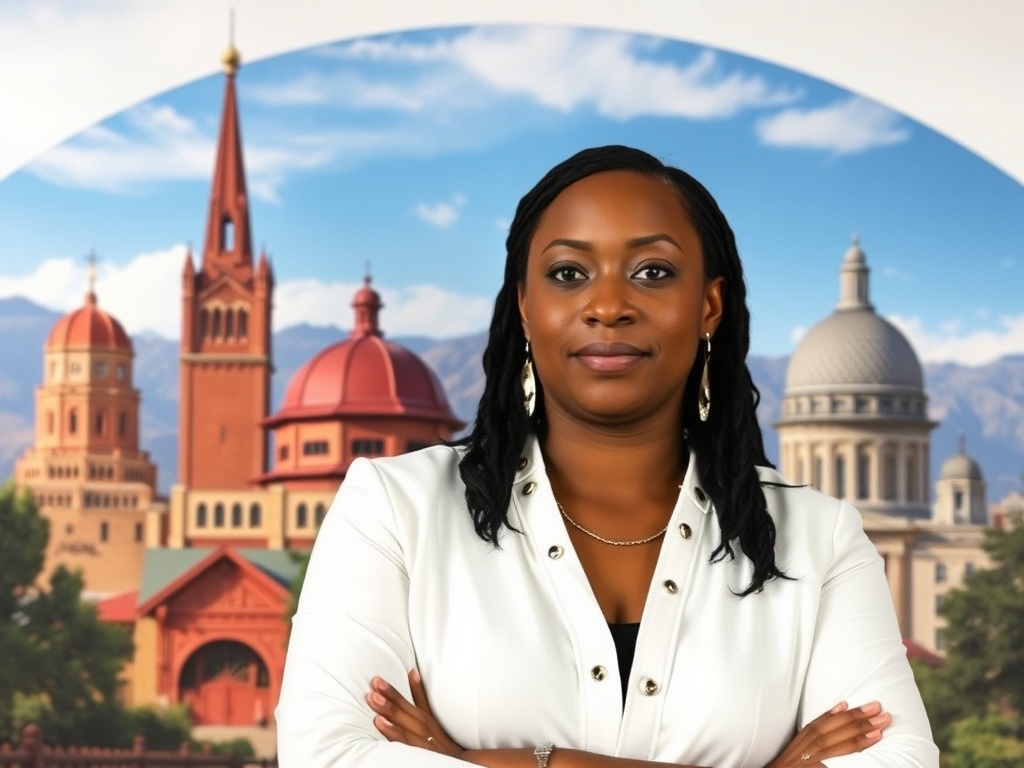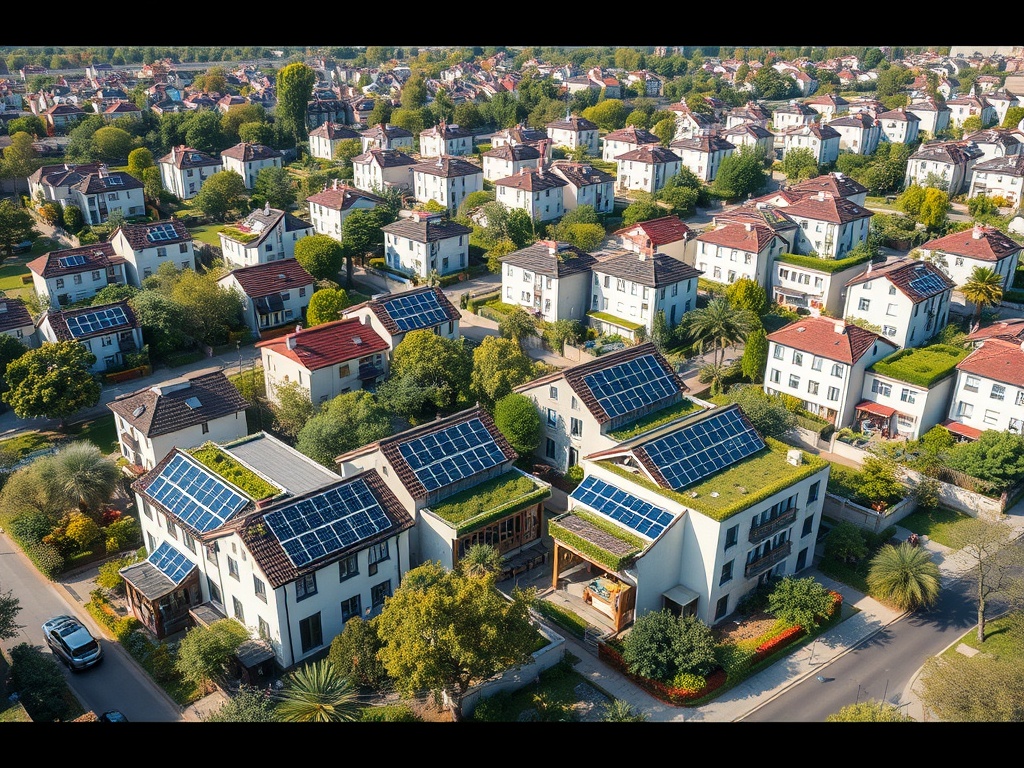Reflections on Kemi Badenoch’s Speech at the Alliance for Responsible Citizenship Conference

Ten minutes into her speech at the Alliance for Responsible Citizenship Conference on Monday, Kemi Badenoch allowed herself a Cheshire cat grin, a moment of triumph as she articulated her vision for addressing the mounting crisis of Western values. The Conservative Party leader methodically outlined the ideological fragility affecting both the left and the right, building anticipation for her proposed remedy to the political malaise afflicting her party. And then, she delivered the punchline that she knew would energize the audience.
“People ask me what difference new leadership will make. Well, take a look at President Trump. He’s shown that sometimes you need that first stint in government to spot the problems. But it’s the second time around when you really know how to fix them. And it starts by telling the truth.”
Oh, Kemi. What does “truth” signify for a Conservative Party leader in early 2025? Throughout much of her address, Badenoch spoke with remarkable clarity about the challenges confronting Britain and its fellow Western democracies. For those of us rooted in the centre-right, her assertion that “the West has given the world amazing ideas and values” resonates deeply, as does her critique of the troubling alliance between regressive leftists and right-wingers who “doubt liberal values of confidence and free trade, demanding a ‘post-liberal’ road.”
However, she drew a controversial parallel with Trump.
Much of Badenoch’s speech has been misinterpreted. It is inaccurate to suggest that she dismissed the humanity of other ethnicities or national groups. When she declared that “some cultures are better than others,” she did so in the context of highlighting the superiority of liberal and democratic political structures, drawing from her own experiences of corruption and autocracy in Nigeria. In one of the most compelling segments of her speech, Badenoch directly addressed young people who might be attracted to fascism:
“I was born in London, but grew up in a country with a military dictatorship and strong leaders who did away with pesky liberal values like democracy, because people voted in bad politicians.”
When she stated that “some cultures are better than others,” it was not a nod to Faragism, but rather a declaration from a liberal adversary, a woman who comprehends the harsh realities of living in a nation scarred by the legacies of “strongman politics and ethnic nationalism.” Badenoch shared her parents’ experiences in Nigeria, recounting, “They flogged teachers, shot journalists. People disappeared. Dead bodies were found on the streets. Without the ability to speak freely or trade freely, the government controlled everything.”
This background makes it all the more disheartening for those of us who cherish a true liberal tradition that Badenoch struggles to disassociate herself from President Trump. Her echo of Trump’s own mantra for a second term—his vow to dismantle the structures of US government—was not the only moment in her speech or her recent media appearances that raised eyebrows. Last month, she referred to him as “a force for good” in the world. Just this week, in an interview with the American Free Press newsletter, Badenoch was asked about Trump and responded:
“He wants to make America great again. And we need to start thinking about how we do the same here.”
Yet, while she prepared to assert at the Arc conference that the West’s greatness is rooted in “the rule of law and equality under it,” Donald Trump was busy disseminating contrary narratives on social media. Just Saturday, he stated, “He who saves his Country does not violate any Law.”
It is no secret that Badenoch is facing significant challenges. Farage is advancing on her right flank, but a glimmer of hope emerged from otherwise bleak polling released by the More in Common group this Tuesday: the Conservative leader scored higher than both Farage and Starmer when 2,000 voters were queried about who would handle the economy best.
Like every leader of a centre-right party in Europe this year, she is at a crossroads: embrace the troubling instincts of Putin-influenced populism or reaffirm a conservatism that preserves and champions the very Western political traditions that both Putin and Trump seek to undermine. For three-quarters of Badenoch’s Arc conference speech, she seemed passionately committed to the latter approach, even challenging those within her party who wish to withdraw from the European Convention on Human Rights.
- “We were members of this convention for half a century without this madness.”
- She then critiqued judges for interpreting the Convention too generously towards criminals, but did not attack the Convention itself.
Yet, even as she embarked on a robust defense of muscular liberalism, Badenoch struggled to maintain her course.
She concluded her conference speech with an awkward leap from the defense of liberal values to full-throated Trumpism, urging listeners:
“Don’t listen to the media class complain about populism. The very essence of democracy is acknowledging the will of everyday people and then actually making it happen.”
Trump often speaks about the will of the people. John Stuart Mill, the founding figure of liberal values that Badenoch claims to uphold, warned that the majority could easily oppress minority voices, leading to “tyranny.” Mill may rest in southern France, but his spirit surely stirs in Westminster.
Badenoch concluded her address with a call to action:
“It is time to speak the truth.”
However, she prefaced this declaration by stating that only through truth can the next generation of conservatives “lead the world back from the precipice.” What does truth mean for a Tory leader in the era of Donald Trump? Just last Friday in Munich, US Vice President JD Vance made a series of easily disproven claims about the United Kingdom, including a false allegation that the Scottish Government has banned prayer in private homes near abortion clinics. Badenoch, in her remarks to Weiss, hailed Vance’s Munich address as “dropping some truth bombs.”
This may resonate well in Washington, where the Tory leader seeks to cultivate allies. Yet if she genuinely aspires to uphold the Enlightenment’s values of democracy, liberalism, and accountability in public life, she must summon a degree of toughness—one of her favored virtues, frequently highlighted in her speeches.
It will be challenging to confront the truth about Trump. However, to rekindle inspiration among British voters, the Conservative leader must recognize that the most significant threats to Western values are not solely found in the Kremlin; they also reside in the White House.




